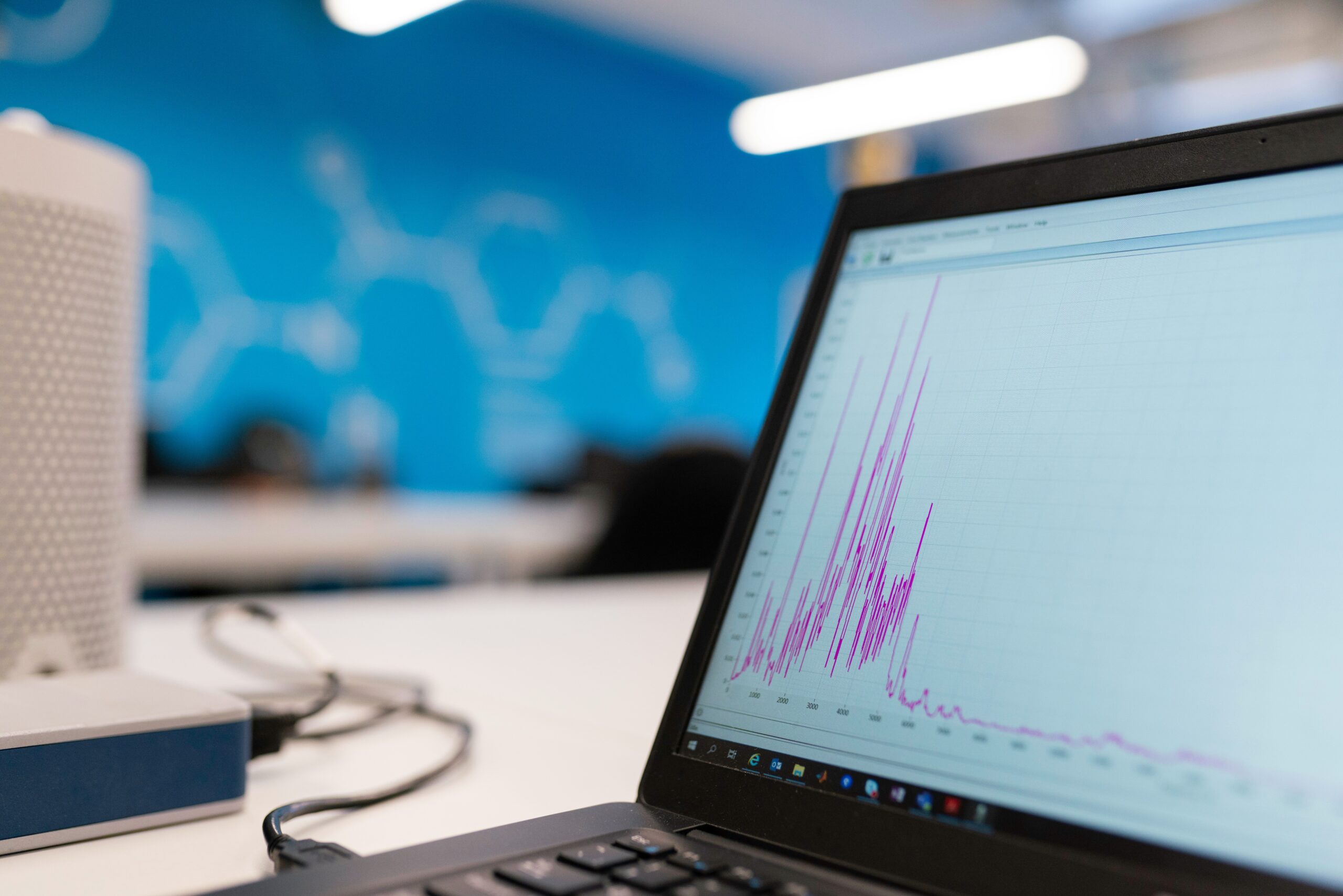Most people would balk at the idea of letting a machine handle their money. AI bookkeeping sounds like a sci-fi fantasy or perhaps a nightmare, depending on your level of tech paranoia. Trusting a machine with your finances? It’s enough to make even the most tech-savvy folks raise an eyebrow.
AI bookkeeping is here. It’s real, and it’s revolutionizing the way businesses manage their finances. From automating boring tasks to providing real-time insights, AI is doing the heavy lifting, leaving traditional methods in the dust.
But here’s the thing: while AI bookkeeping promises efficiency and accuracy, it also comes with its fair share of concerns. Privacy, security, and the potential for job displacement are just the tip of the iceberg. Skeptics and enthusiasts alike are asking the same question: are we really ready to hand over the financial reins to artificial intelligence?
Before you decide to let AI balance your books, it’s crucial to weigh the pros and cons. Let’s find out if AI bookkeeping is the financial savior we’ve been waiting for or just another tech fad waiting to fizzle out.
What is AI Bookkeeping?
AI bookkeeping is very much a part of our present reality. At its core, AI bookkeeping uses artificial intelligence to manage financial tasks, making the mundane yet critical job of balancing books a breeze. Instead of just crunching numbers, AI for bookkeeping leverages machine learning and data analytics to automate and optimize financial processes.
How Does AI Bookkeeping Work?
It’s simpler than you might think. The process starts with feeding financial data into an AI system. This data includes transactions, receipts, and other financial records. The AI algorithms then analyze this data, categorizing expenses, reconciling accounts, and even predicting future financial trends. Essentially, AI takes on the role of a diligent accountant, but without the coffee breaks.
Here’s where it gets interesting: AI bookkeeping doesn’t just automate tasks—it learns and improves over time. Machine learning algorithms analyze patterns and anomalies in your financial data, becoming more accurate with each transaction processed. This continuous improvement means fewer errors and more precise financial insights, something every business could benefit from.
To understand how to use AI for bookkeeping, consider the key components involved.
First, algorithms are the brains behind the operation, processing and analyzing data at lightning speed. Next, data processing ensures that the information fed into the system is accurate and up-to-date. Lastly, automation handles repetitive tasks, freeing up time for more strategic financial planning.
AI bookkeeping is transforming how businesses handle their finances. By automating routine tasks and providing real-time insights, AI not only enhances efficiency but also allows for better financial decision-making.
The Bright Side of AI Bookkeeping
Accuracy and Efficiency
Let’s face it, even the best human accountants can have off days. Typos, miscalculations, and data entry errors happen. But AI bookkeeping doesn’t get tired, distracted, or grumpy. AI reduces human error and processes data at lightning speed. A study by McKinsey & Company found that automation can improve the accuracy of financial processes by up to 70%. When it comes to crunching numbers and handling repetitive tasks, AI is like having a supercharged accountant on your team.
Cost-Effectiveness
Hiring a full-time accountant isn’t cheap, and outsourcing your accounting & bookkeeping services can also add up. AI bookkeeping slashes these costs significantly. By automating routine tasks, businesses save money that would otherwise be spent on salaries and outsourced services. More importantly, this automation frees up human accountants to focus on strategic planning and advisory roles—basically, the interesting stuff that actually requires a brain. Who knew AI could be the secret to both saving money and fighting boredom?
Real-Time Insights
One of the biggest perks of AI and bookkeeping is the ability to get instant financial updates. Imagine knowing your exact cash flow situation at any given moment without having to dig through spreadsheets or wait for monthly reports. AI systems provide real-time insights, making financial decision-making more agile and informed. For instance, companies using AI bookkeeping software can track expenses, revenues, and financial forecasts in real time, giving them a competitive edge. A study from Deloitte found that businesses leveraging AI in finance saw a 20% improvement in their financial forecasting accuracy
The Concerns and Risks
Privacy and Security
When it comes to AI bookkeeping, the phrase “data breach” should send a shiver down your spine. The rise of AI bookkeeping software brings a new era of efficiency, but it also opens the door to potential security threats. Cybersecurity experts warn that as these systems handle sensitive financial data, they become prime targets for hackers. A study from Cybersecurity Ventures forecasts that cybercrime will cost the world $10.5 trillion annually by 2025. That’s a staggering amount, and AI systems are not immune. While AI bookkeeping QuickBooks and other software giants promise robust security measures, it’s crucial to stay vigilant and ensure all safeguards are in place.
Job Displacement
The reality is that AI bookkeeping could significantly reduce the need for human bookkeepers. This isn’t just an idle threat; it’s a trend. However, before you rally against the robots, consider this: AI isn’t just taking jobs, it’s also creating them. The tech industry is booming with opportunities in AI development, maintenance, and oversight. It’s a classic case of the old guard making way for new roles. So, while AI might replace traditional bookkeeping jobs, it also opens doors for tech-savvy professionals to step in and steer the future of finance.
Dependence on Technology
Relying on AI bookkeeping systems like QuickBooks might seem like the perfect solution for efficiency, but over-dependence on technology is a risk in itself. What happens if the system crashes, or worse, malfunctions and skews your financial data?
Businesses need contingency plans. Human oversight is essential to catch and correct errors that an AI might miss. It’s like having a safety net; no matter how smart the system is, you need a human touch to ensure everything runs smoothly.
The Human Touch in AI Bookkeeping
AI bookkeeping might be the latest tech darling, but let’s not rush to declare human bookkeepers obsolete just yet. Sure, AI can crunch numbers faster than you can say “tax,” but will AI replace bookkeepers entirely? Not so fast. There are some things that even the most advanced algorithms can’t handle alone.
Why Human Oversight is Crucial
AI and bookkeeping together can create a powerhouse of efficiency and accuracy, but there’s a catch. Machines lack the nuanced judgment that humans bring to the table. When it comes to strategic decisions and ethical considerations, human intelligence is irreplaceable. AI can process vast amounts of data, but interpreting that data in the context of complex business strategies? That’s a job for humans.
Consider this: An AI might flag a transaction as suspicious based on data patterns, but a human bookkeeper can discern whether it’s genuinely fraudulent or just an unusual but legitimate transaction. It’s this blend of human insight and machine efficiency that truly optimizes financial management.
Ethical Considerations
AI is only as good as the data it’s trained on, which means biases in data can lead to biased outcomes. This is a significant concern in AI and bookkeeping. Algorithms might inadvertently favor certain types of transactions or clients, creating an unfair playing field.
Take, for example, a study on algorithmic bias that revealed how certain AI systems discriminated against minority applicants in financial services. This underscores the need for human oversight to ensure fairness and equity. Human bookkeepers can provide the ethical oversight required to identify and correct these biases, ensuring that AI bookkeeping systems are not only efficient but also just.
So, while AI bookkeeping promises a lot, it’s not about to run off with your job. Instead, think of it as a powerful assistant—one that still needs your savvy human touch to make the best decisions. This synergy of AI’s computational power and human strategic thinking is where the future of finance truly lies.











